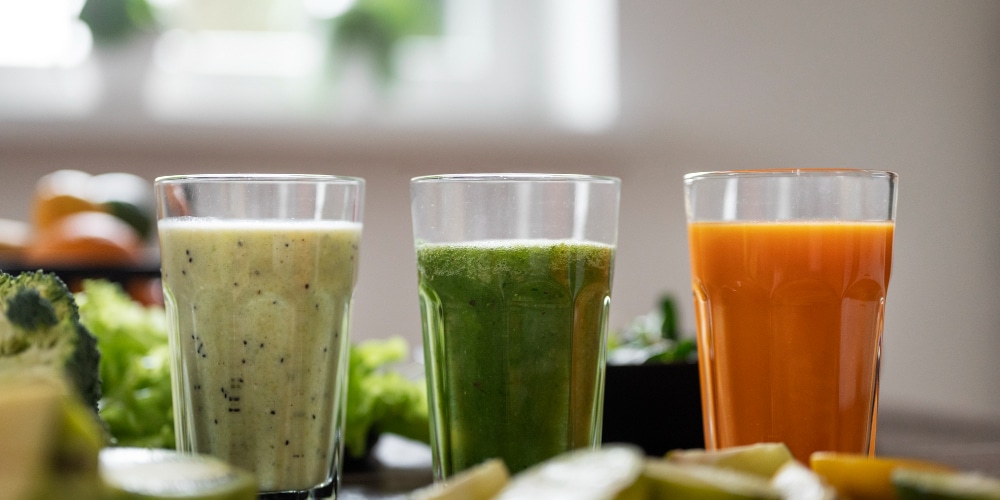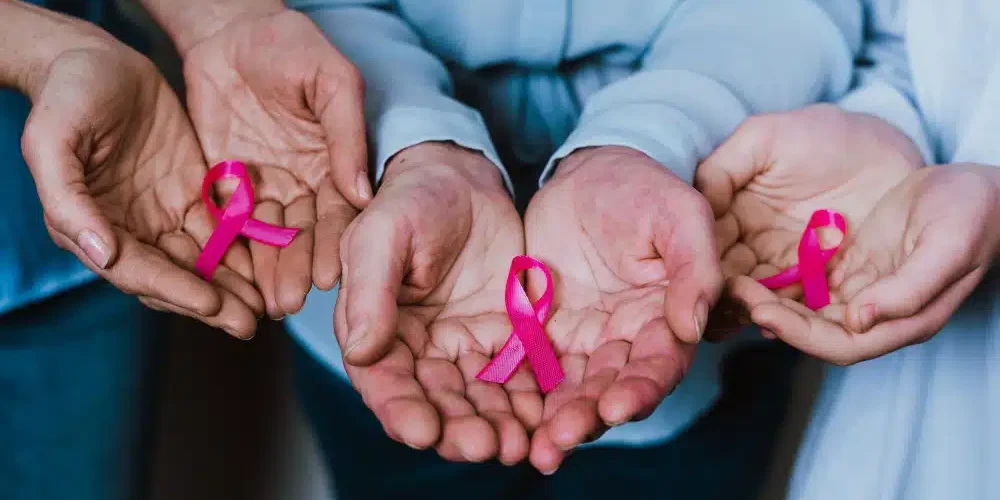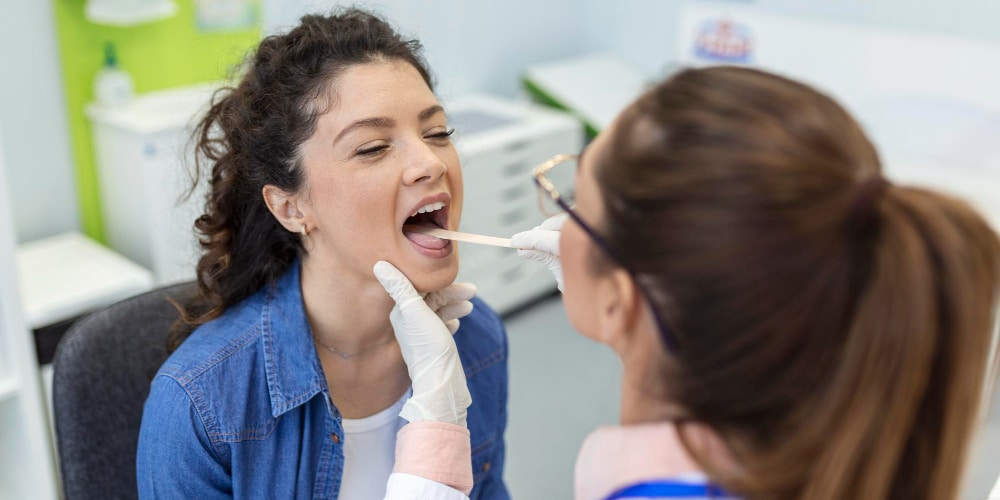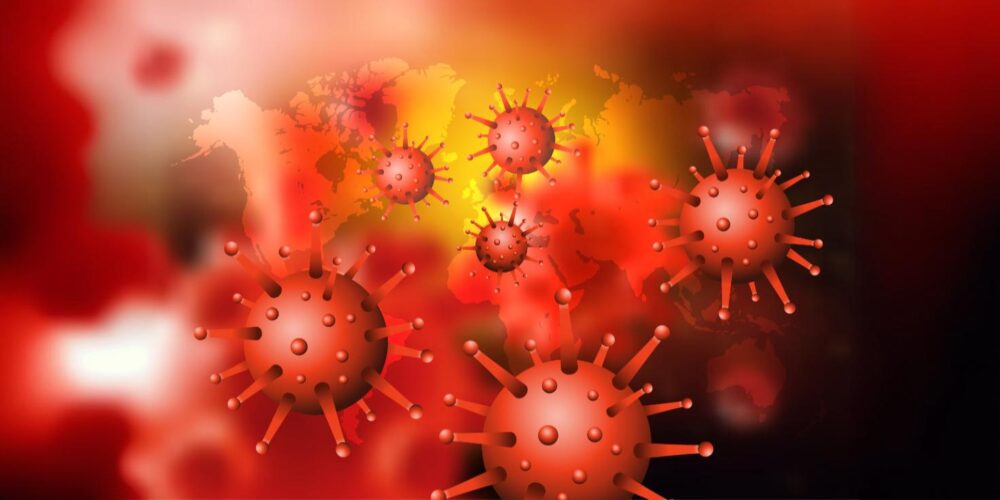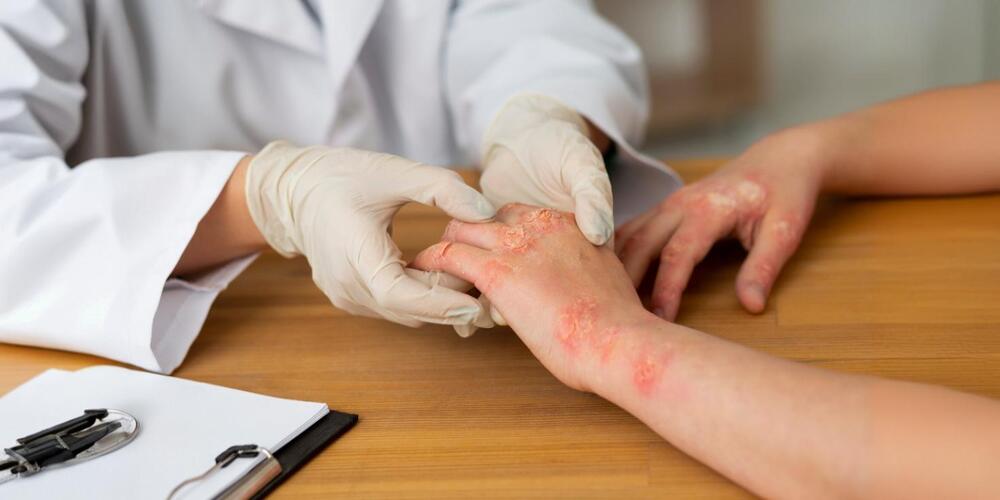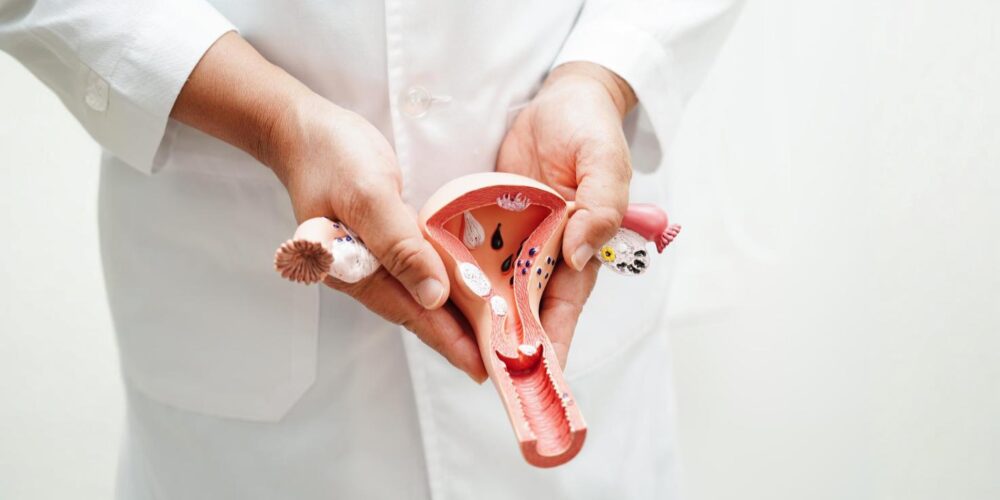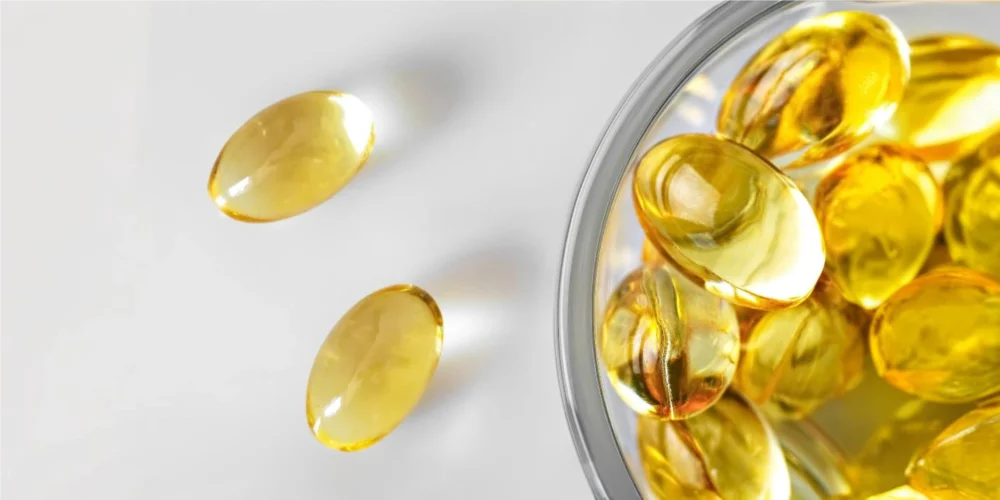Latest
Fact check: Are vegetable juices really as healthy as you think?
Experts recommend consuming vegetables cooked, which enhances nutrient absorption, preserves fibre, and ensures safer digestion
Author
Author
- admin / 10 hours

- 0
- 7 min read
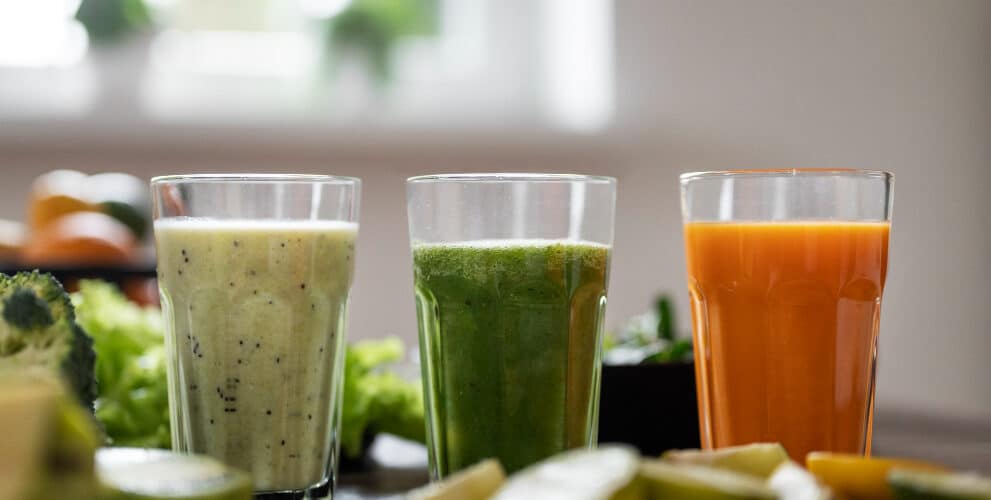
Author
Drinking raw vegetable juice is harmful to health as it contains pathogenic bacteria and anti-nutrients that can cause kidney stones, and it is better to consume cooked vegetables instead.
FACT:
True. Raw vegetable juices can carry harmful bacteria and contain anti-nutrients that may affect kidney health, while juicing removes fibre essential for gut and metabolic health. Experts recommend consuming vegetables cooked, which enhances nutrient absorption, preserves fibre, and ensures safer digestion.
From green detox shots to brightly coloured blends made of spinach, beetroot, and carrots, vegetable juices have become a daily ritual for many health-conscious individuals. Across Instagram and YouTube, fitness influencers and wellness coaches promote these juices as miracle drinks that can “cleanse” the body, aid in weight loss, and boost immunity.
But is your morning glass of vegetable juice really as healthy as it seems? Or could it be doing more harm than good?
A recent viral Instagram reel by dietician Bhawesh Gupta has stirred debate by questioning the health benefits of vegetable juices. In the reel, Gupta warns viewers against consuming raw vegetable juice, claiming that while it’s often seen as a detox drink, it can actually be harmful in the long run.
“If you drink vegetable juice, then stop drinking it today itself. Many people think that vegetable juice detoxes the body or causes weight loss. But no, in the long run, vegetable juice will only harm you,” Gupta says in the video.
The reel, presented in a cautionary tone, explains why. “Most of the vegetables grow in the soil, which means they carry a lot of pathogenic bacteria — and no, just washing them won’t do anything,” he notes. Gupta also points out that raw vegetables contain anti-nutrients that may contribute to kidney stones.

“So, should you stop eating vegetables? Not at all,” Gupta clarifies. “You should eat vegetables cooked with water, oil, and some spices. By cooking vegetables, pathogenic bacteria die, anti-nutrients are destroyed, and your body is able to absorb the present nutrients in the vegetables.”
The reel has quickly gained traction, sparking widespread discussion among viewers about whether raw vegetable juice is truly as “healthy” as social media claims.
Do raw vegetable juices have bacteria?
Studies do confirm that raw vegetables and juices can carry pathogenic bacteria—especially when they’re grown in contaminated soil or washed with unclean water.
For instance, an Indian study conducted in Guntur, Andhra Pradesh, found that street-vended fruit and vegetable juices, especially carrot and beetroot juices, had high levels of bacterial and yeast contamination due to poor hygiene. Researchers recommended training vendors in good manufacturing and hygienic practices to prevent foodborne illnesses.
Another 2017 study conducted in Dhanbad, India, examined the microbiological quality of 480 samples of raw salad vegetables sold in local markets. The researchers found that “all the samples were found positive for total coliform; however, E. coli was detected in 16.7 per cent of the total samples.” Pathogenic microorganisms were found in one to four per cent of the samples. Interestingly, the study noted that “pathogens were not detected in any of the cabbage samples.” The findings highlight that while raw vegetables can indeed host harmful bacteria, the contamination levels vary by type and handling practices.
Similarly, a study from Kathmandu Valley, Nepal, reported high infection risks from raw vegetables washed in contaminated water, concluding that “high risk of diarrhoea prevails among raw vegetable consumers in the valley.”
And just washing the vegetables may not help, as sometimes the water used for washing the vegetables itself are a source of these microbes, as seen in this 2006 study. “The study indicated that pond water (used by farmers for washing vegetables) and water used by vegetable vendors for sprinkling on vegetables might have an important role as a source of multiple-drug-resistant zoonotic Salmonella,” it said.
Studies have also said that “bacteria may survive the washing and sanitizing steps by forming biofilms on the surface of the vegetables or via protection within the cuticle of the vegetable.” So it is likely that juices made from such contaminated raw vegetables may also have bacteria.
Can raw vegetable juices have anti-nutrients that cause kidney stones?
When it comes to anti-nutrients and kidney stone risk, there is some truth as well. Certain raw vegetables like spinach and beetroot contain high levels of oxalates, compounds linked to a higher risk of kidney stones when consumed in excess. A systematic review and meta-analysis published in BMC Nephrology found that “the risk of nephrolithiasis (kidney stones) observed in high spinach intake could be partly explained by the high oxalate content.”
On the other hand, cooking vegetables does offer benefits. Studies have shown that cooking vegetables increases the availability of antioxidants like beta-carotene and lutein.
Should you stop drinking vegetable juices? What the experts say
Dr Rajiv Kovil, Head of Diabetology and Weight Loss Expert at Zandra Healthcare, shared that while vegetable juices and soups are often glorified as quick routes to good health, the science suggests otherwise. “I think he’s absolutely right on that. Many vegetable juices and soups are actually glorified as quick routes to health, but they’re not. In fact, cooking your vegetables makes far more sense,” he commented on the reel.
According to Dr Kovil, eating raw vegetables is neither a traditional nor a practical habit in India. Cooking vegetables, he explained, not only enhances nutrient absorption but also supports better digestion. “When vegetables are juiced, the insoluble fibre, the bulk that keeps your gut healthy, is removed. Fibre helps reduce blood sugar spikes, feeds gut microbiota, promotes satiety, and aids in weight control,” he noted.
He added that though juices may seem low in calories, they are also “low in energy and nutrients.” Cooking, on the other hand, improves the bioavailability of nutrients, making it easier for the body to absorb vitamins and minerals. Dr Kovil cited examples, “tomatoes and carrots, for instance, are better absorbed when cooked rather than raw.”
He warned that juicing alters the natural nutrient ratios of vegetables and delivers mostly soluble nutrients, without providing a substrate for gut microbiota, which is essential for metabolic health. “The gut is the window to overall metabolic health. Chewing and digesting cooked vegetables engage the gut-brain axis, which stabilises glucose and improves absorption. When you remove that process, you lose much more than fibre,” he explained.
Dr Kovil also pointed out the hygiene and safety aspect. Vegetables often carry soil bacteria and fertiliser residues, making proper cleaning and cooking essential. “Always wash vegetables under running water for at least 5 to 10 minutes, not by just soaking in water, and then boil them briefly. You can even discard the water afterwards, a process called leaching, which helps remove fertilisers and excess potassium,” he advised.
“The real recipe for metabolic health is to cook your vegetables, not drink them. If you enjoy vegetable juice purely for its taste, that’s perfectly fine. But almost everyone drinks it, thinking it’s a superior health drink. If that’s your reason, then it’s better to cook your vegetables instead,” he advised.
Also read: FACT CHECK: Should you stop drinking vegetable juice?
(Do you have a health-related claim that you would like us to fact-check? Send it to us, and we will fact-check it for you! You can send it on WhatsApp at +91-9311223141, mail us at hello@firstcheck.in, or click here to submit it online)

